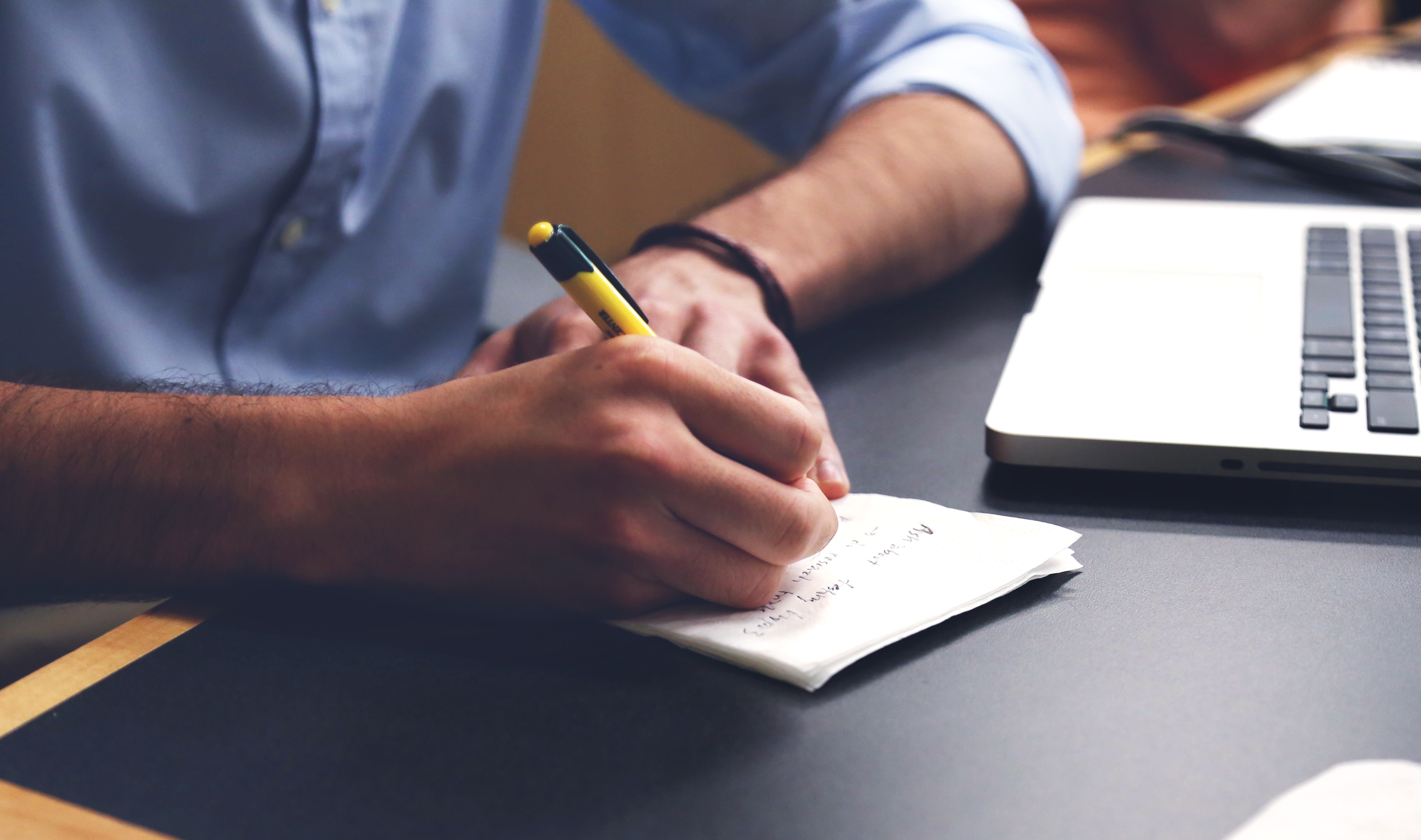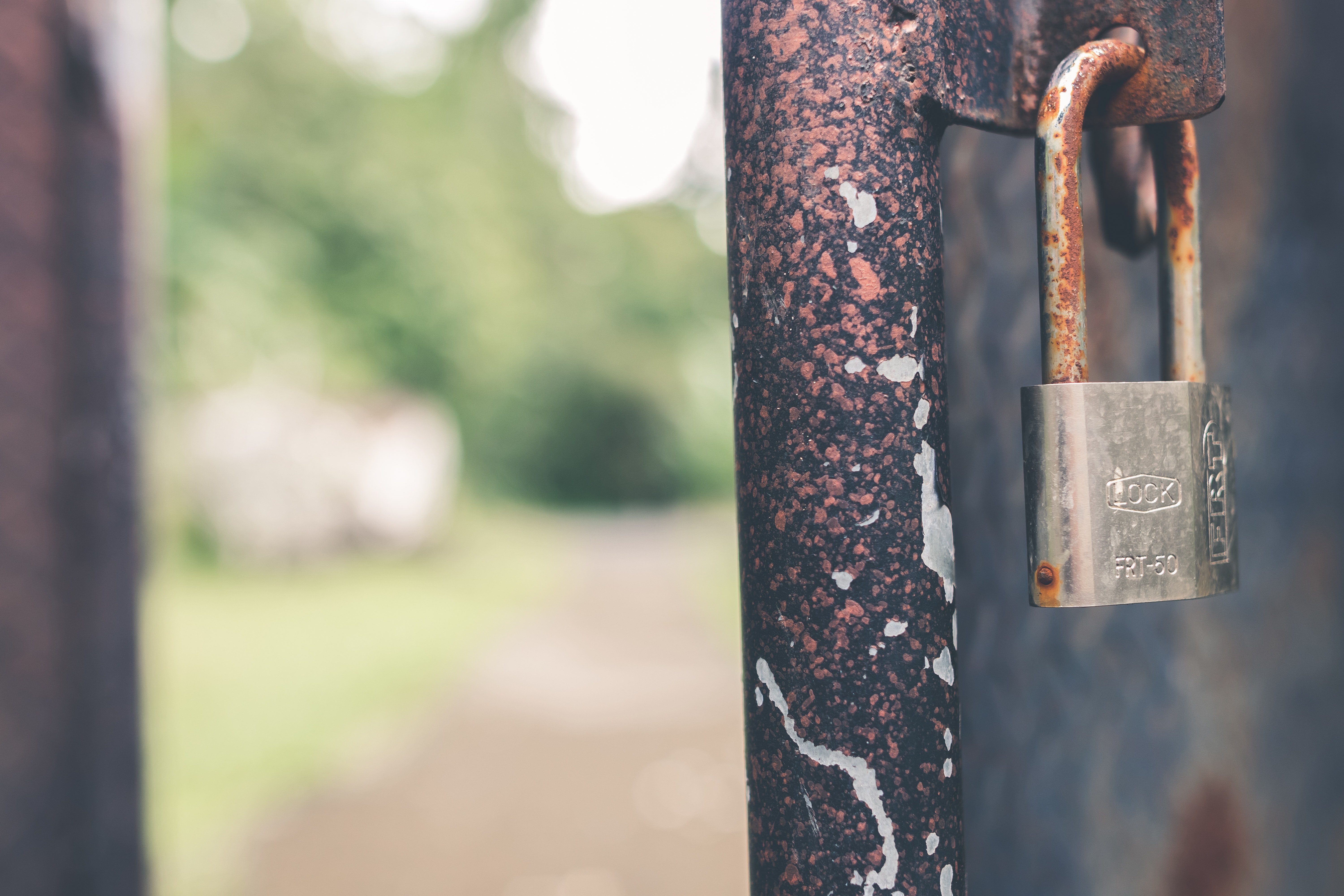ChoiceOne Bank issues alert to college students… be aware of counterfeit checks that are circulating on your campuses. Fake checks are sent to college students as part of a new scam based on the concept that the check is to pay them to tutor students.
Fake check fraud is a huge problem, with complaints to government agencies and consumer advocacy groups doubling over the last three years. Millions of fake checks worth billions of dollars circulate every year. All of these are scams involving counterfeit checks which are often altered versions of business checks from real companies. The Better Business Bureau (BBB) is alarmed by what's happening and wants you to know about it and tell your friends about fake check fraud schemes.
Here are two things BBB wants you to understand about check cashing:
- Having the funds credited to a bank account does not mean the cashed check is valid. Federal banking rules require that when someone deposits a check into an account, the bank must make the funds available – within a day or two. But the bank also has the right to recover the money from the account holder if the check is counterfeit. It is only when the check works its way back to the bank that supposedly issued the check that it is discovered to be counterfeit.
- Cashier’s checks and postal money orders can also be forged. This check-type is guaranteed by a bank, drawn on its own funds and signed by a cashier. Cashier’s checks are treated as guaranteed funds because the bank itself, rather than the individual account holder, is responsible for paying the amount of the check. These checks are commonly required for real estate and brokerage transactions.
 WOOD News in Grand Rapids recently reported that Americans lost more than $63 million to bogus check schemes between 2015 and 2017, and the problem is only getting worse. You may be surprised who are the biggest victims. It's millennials, who fall victim to fake checks more than others.
WOOD News in Grand Rapids recently reported that Americans lost more than $63 million to bogus check schemes between 2015 and 2017, and the problem is only getting worse. You may be surprised who are the biggest victims. It's millennials, who fall victim to fake checks more than others.
Approximately 21 percent of those who filed complaints about fake check fraud were between 20 and 29 years old – more than double the complaint rate among people age 70 or older. In a country where people are using fewer checks in favor of debit and credit cards, the BBB says scammers prey upon people’s ignorance about how checks work. Millennials use checks the least, so they are less likely to understand the check system. In addition, there is huge trade over the internet today where fraudsters will pay with these fake checks or create the fake check schemes.
What are fake checks?
They are counterfeited checks, usually copies of business checks from real companies. Three different types of financial documents are commonly involved in fake check frauds:
- Regular checks
- Cashier’s checks
- Money orders
Some appear to be created in the U.S. and Canada, but many are shipped in from overseas and then sent to victims.
The regular fake check purports to be from a business, and usually contains a real account and routing number. They can come from anywhere, in the U.S. and overseas. These are not handwritten, and they look quite professional. The name of the business will appear on the check, and often includes a phone number as well.
Fake cashier’s checks look like they are from a bank or financial institution. And money orders most often appear to be U.S. Postal Service money orders or from a financial institution. However, money orders have security features that distinguish them from other financial instruments like special paper with watermarks.
How Do You Protect Yourself?
The real challenge is to identify the scam and not getting caught up in a fraud scheme in the first place. Here are some tips from the Federal Trade Commission:
- Throw away any offer that asks you to pay for a prize or a gift. If it’s free or a gift, you shouldn’t have to pay for it. Free is free.
- Resist the urge to enter foreign lotteries. It’s illegal to play a foreign lottery through the mail or the telephone, and most foreign lottery solicitations are phony.
- Know who you’re dealing with, and never wire money to strangers.
- If you’re selling something, don’t accept a check for more than the selling price, no matter how tempting the offer or how convincing the story. Ask the buyer to write the check for the correct amount. If the buyer refuses to send the correct amount, return the check. Don’t send the merchandise.
- As a seller, you can suggest an alternative way for the buyer to pay, like an escrow service or online payment service. There may be a charge for an escrow service. If the buyer insists on using a particular escrow or online payment service you’ve never heard of, check it out. Visit its website, and read the terms of agreement and privacy policy. Call the customer service line. If there isn’t one — or if you call and can’t get answers about service reliability — don’t use the service.
- If you accept payment by check, ask for a check drawn on a local bank, or a bank with a local branch. That way, you can make a personal visit to make sure the check is valid. If that’s not possible, call the bank where the check was purchased, and ask if it is valid. Get the bank’s phone number from directory assistance or an Internet site that you know and trust, not from the check or from the person who gave you the check.
- If the buyer insists that you wire back funds, end the transaction immediately. Legitimate buyers don’t pressure you to send money by wire transfer services. In addition, you have little recourse if there’s a problem with a wire transaction.
- Resist any pressure to “act now.” If the buyer’s offer is good now, it should be good after the check clears.

If you think you’ve been targeted by a counterfeit check scam, contact the Federal Trade Commission at https://www.ftccomplaintassistant.gov/. Or contact the Office of the Michigan Attorney General, Consumer Complaint Division at: https://secure.ag.state.mi.us/complaints/consumer.aspx.
Fake check schemes can target millennials and anyone basically who receives a fake check and acts on it…recognize these fake check schemes are a real problem today and be aware. Don’t become a victim to fake check fraud.